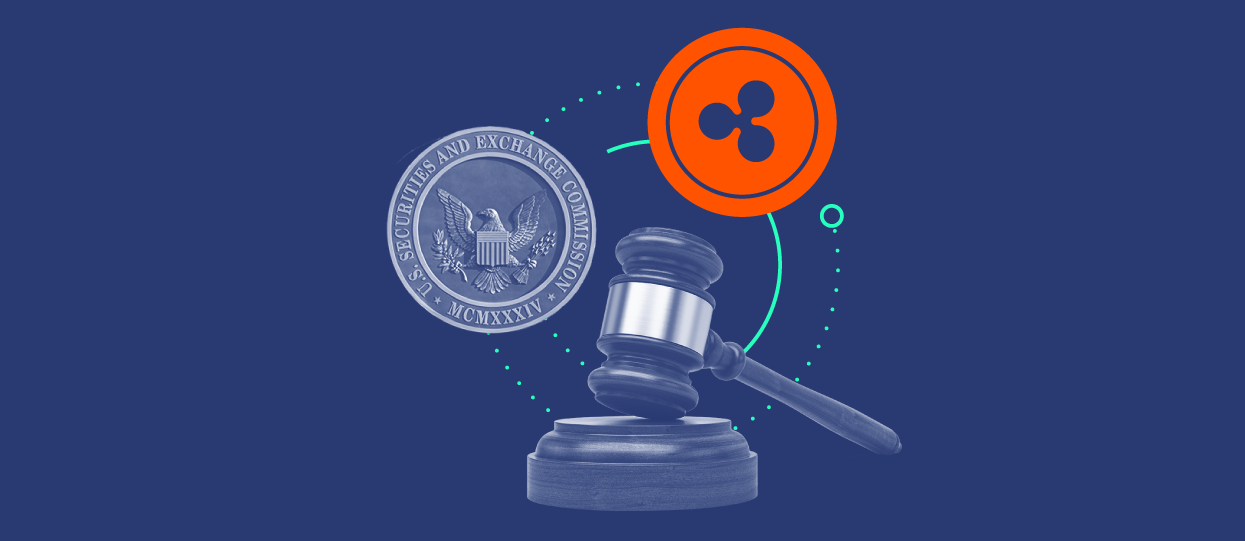Dennis Kelleher, the CEO of Better Markets, has revealed who is more likely to win if an appeal occurs in the legal battle between Ripple and the US Securities and Exchange Commission (SEC). Both parties have not intended to appeal the case, although it remains a possibility.
The SEC Has A 90% Of Winning An Appeal
Kelleher mentioned in an X (formerly Twitter) post that the SEC has a 90% chance of winning on appeal in its long-running legal battle against Ripple. The Better Markets CEO explained that Judge Analisa Torres got “90 years of law upside down” when she ruled that institutional investors were protected by the securities laws, not retail investors. He further claimed that other Judges have chosen not to follow the ruling.
Kelleher referred to Judge Torres’ ruling last year, in which she ruled that Ripple’s institutional XRP sales were investment contracts while declaring that the programmatic sales weren’t. This ruling is one of the judgments that the SEC could potentially appeal if they eventually do so since Judge Torres’ ruling went against the Commission’s argument that XRP is a security.
Meanwhile, Ripple’s Chief Legal Officer (CLO) Stuart Alderoty is convinced that his firm will emerge victorious once again if the SEC were to appeal the verdict. He suggested that the SEC has only a 10% chance of winning the appeal while revealing that Ripple intends to pay the $125 million that Judge Torres awarded against the crypto firm for violating securities laws.
Alderoty mentioned earlier that he wouldn’t advise the SEC to appeal and that the Commission shouldn’t do so if they were a “rational actor.” Ripple looks unlikely to appeal any of the court’s rulings, seeing how they have clarified that they intend to pay the fine and move forward with their business.
Clarifying The Misconception
Contrary to Kelleher’s claims that other Judges have rejected Judge Torres’ ruling, it is worth mentioning that Judge Amy Berman Jackson adopted Judge Torres’ approach while giving her ruling in the case between Binance US and the SEC. Judge Jackson dismissed the SEC’s argument that the Binance Coin (BNB) secondary sales were investment contracts.
She also rejected the claim that crypto themselves were securities. Meanwhile, both Judges alluded to the Howey Test to prove that crypto tokens couldn’t be classified as securities and that the only way they could regarded as investment contracts was in how they were sold.
This is why Judge Torres ruled that Ripple’s XRP sales to institutional clients were investment contracts since these investors likely expected gains. On the other hand, retail investors who bought these tokens through secondary sales had no idea of who they were buying the tokens from and couldn’t have possibly expected gains on their purchases.
Cover image from Dall-E, chart from Tradingview
www.Asciminerbulk.com


